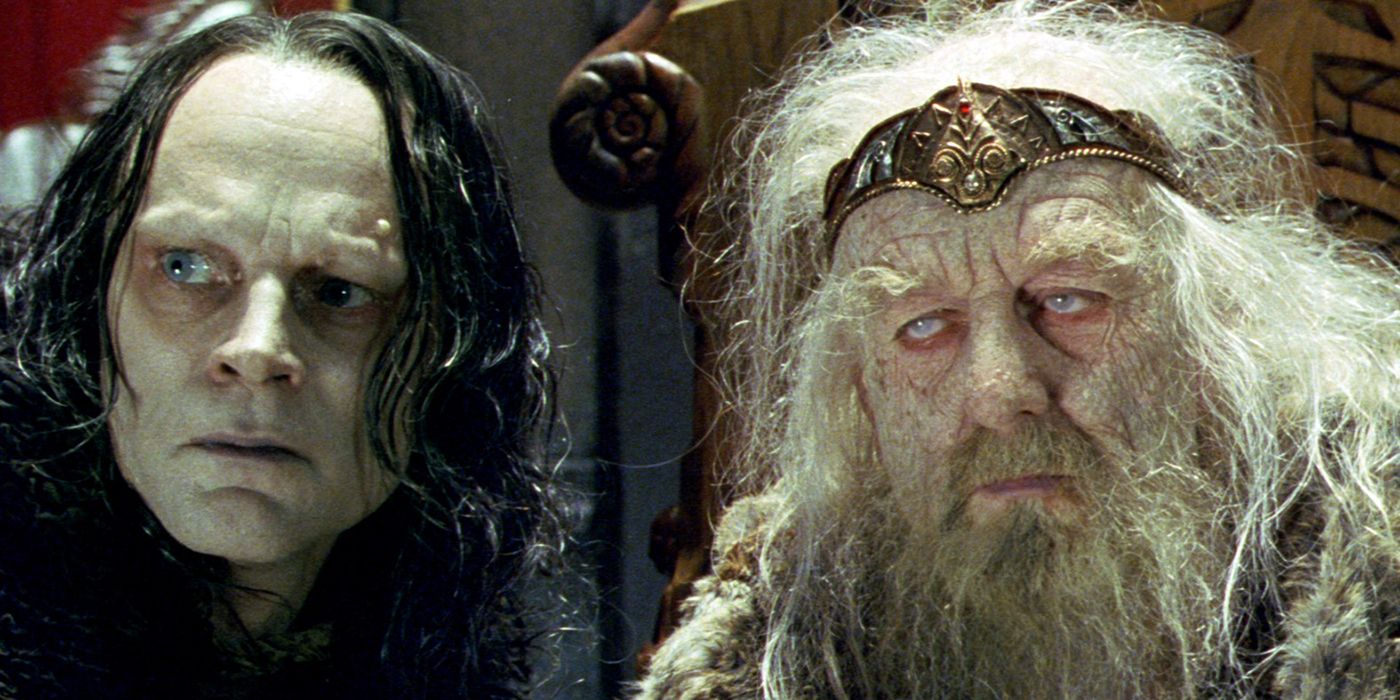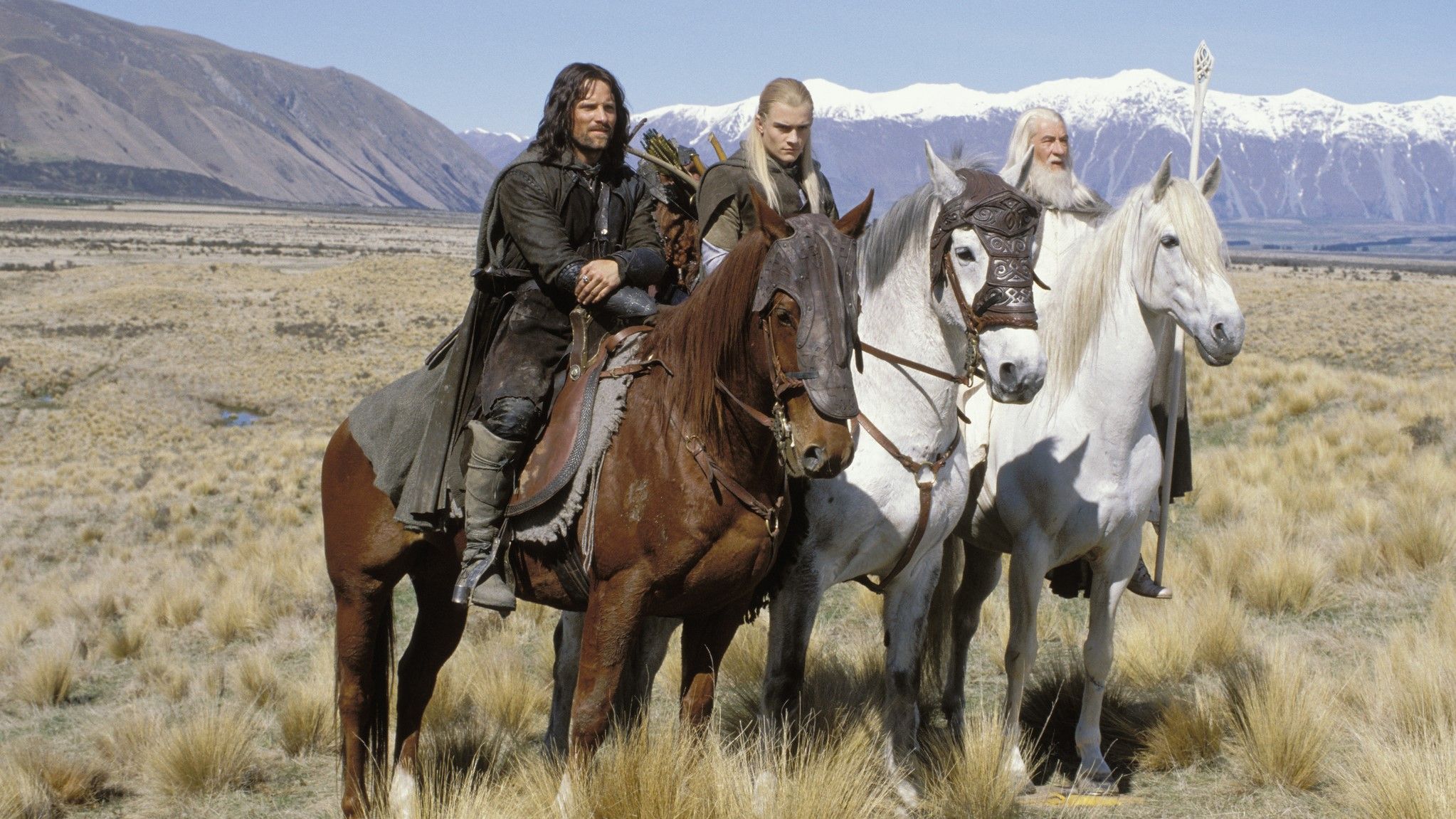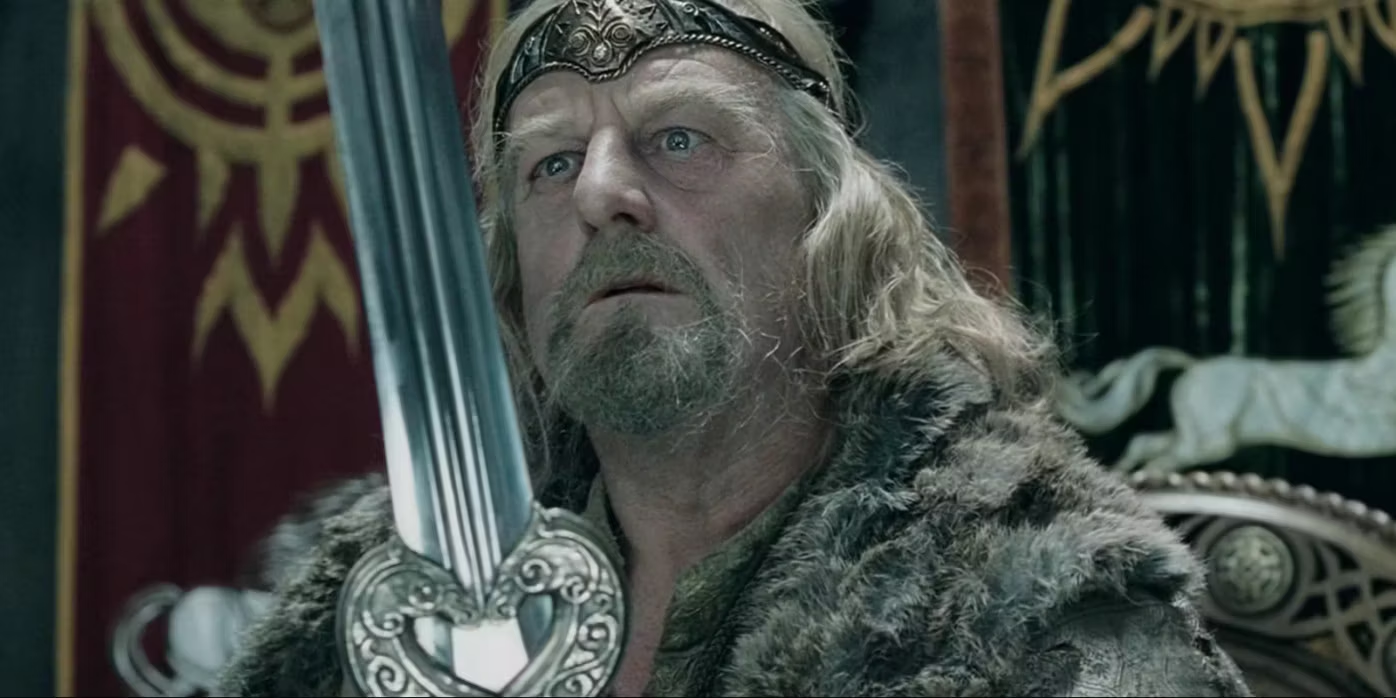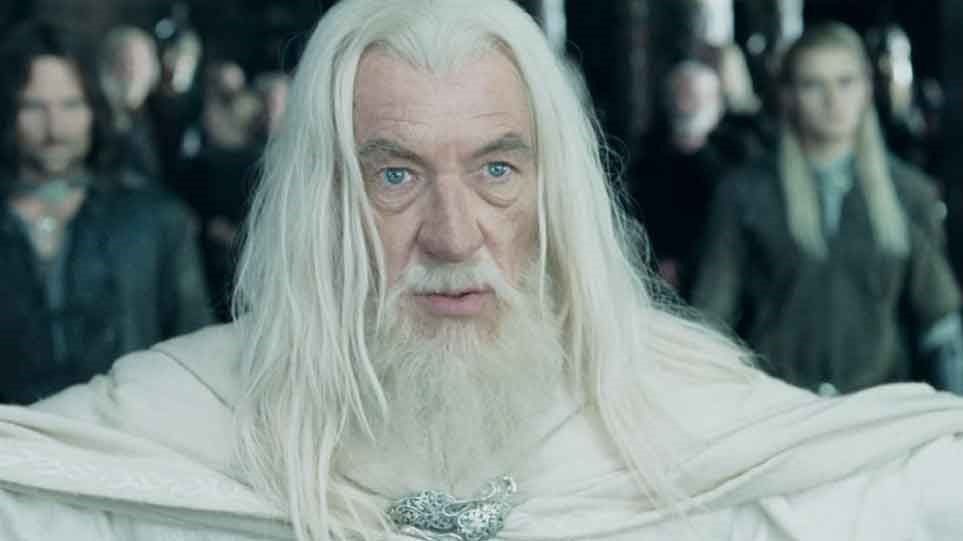Arguably the best film of the trilogy, The Lord of the Rings: The Two Towers is most lauded for the epic Battle of Helm's Deep. There is no argument to be made that these scenes deserve their iconic status and are rightfully cemented into cinematic history. Yet, despite the associations of the middle film with this battle, one dramatic scene leading up to it is more likely forgotten. As soon as Gandalf and the trio of Aragorn (Viggo Mortensen), Legolas (Orlando Bloom), and Gimli (John Rhys-Davies) enter Rohan's hall, a finely tuned dramatic sequence ensues. Gandalf (Ian McKellen) releases Théoden (Bernard Hill) from Saruman's spell in a sort of exorcism that efficiently encapsulates The Lord of the Rings at its best.
The Power of the Unspoken
The scene begins as soon as Gandalf and co. enter the hall and ends as Théoden looks to Gríma Wormtongue (Brad Dourif) with nothing but vengeance. It all takes place in the hall of Rohan. Within these confines, three characters remain wordless yet speak volumes about the significance of Théoden's recovery. Éowyn (Miranda Otto) instinctively runs to her uncle while Gandalf releases him from the spell. She does so without making a sound and even listens to Aragorn, who instructs her to wait. If Théoden were in any way healthy, she would no doubt have fought harder against his grip or cried out in fear of losing her uncle, but as it stood, she had already lost him. Her lack of words or screams attests to her uncle's dire state. It is a subtle choice, but it is significant. When her uncle visibly recovers and regains his sense of self upon his liberation, she need not say anything. She notices his recognition of her, listens to him, and tears well up at his rediscovery. At this moment, the audience understands how detrimental Théoden's state has been to his niece, and not having her point this out in any way, leaves the viewer as speechless as her .
Aragorn, Legolas, and Gimli have to fight some menacing-looking fellows who clearly are in allegiance with Gríma. Yet, Along with Éowyn, Háma and Gamling, two loyal captains, are more accurate representatives of Rohan's soldiers and also don't need dialogue to contribute to the stakes in the scene. As the fight begins, Gamling, almost instinctively like Éowyn, goes to perform his duty. Yet Háma, who previously turned a blind eye to allowing Gandalf and his staff into the hall, places his hand over his friend's and encourages him to keep his sword sheathed. He is willing to let it play out. It lasts for a second on the screen but indicates just how far from grace Théoden has fallen. Even Théoden's guards, well below him in status but aligned in duty, understand the necessity of his rescue. The need for the king's rediscovery becomes even more critical at this moment and is satisfying when Háma is the one to hand him his sword. The moment symbolizes his recommitment to Théoden as his faith is restored.
Brilliant Dialogue Steadies the Scene
The fighting is relatively understated and supplementary to the scene, allowing the dialogue to shine through, particularly for the two main characters of the scene. Gandalf, one of the most eloquent speakers of the trilogy, has some particularly memorable lines. Calling Gríma a "witless worm" was highly satisfying, and his statement: "I will draw you, Saruman, as poison is drawn from a wound," is outstanding. The audience is entirely aware of how his magic works without the explanation feeling heavy-handed. This delicate balance is as necessary as it is compelling. Finally, Gandalf's statement, "Your fingers would remember their own strength better -- if they grasped your sword," is hugely memorable and allows Théoden to complete his transition within the scene.
From being a man failing to sit upright in his chair, failing to think or speak for himself, he becomes a symbol of power, a formidable warrior, standing tall with his sword. Gandalf's dialogue pushes the story into new territory. Théoden's dialogue, rightly, is comparably laconic, yet no less powerful. "I know your face" is said first here, a line that is so good it is repeated at his death and seems especially authentic. If he had said something more assured than the simple recognition of Éowyn's face, his hypnotic state would have appeared less drastic. This choice is compounded by the description, "Dark have been my dreams of late," which gives the viewer just enough to understand the trance-like state the king was in. Dialogue expertly contributed to the emotions and actions of this expertly crafted scene.
Visual and Audio Transitions Add to the Power of the Scene
Along with the change in Théoden's reality, a host of visual and audio transitions accompany the happenings in Rohan's hall. Gandalf's final jerk of his staff toward the spell-bound king effortlessly cuts shot to Saruman's fall in his colorless tower and reiterates the strength of the malicious wizard's curse. Furthermore, Théoden's visible transformation from a ghoulish shell of a man, with glazed eyes and countless wrinkles, into a man with blood in his cheeks and color in his hair is executed with incredible realism. The music of The Lord of the Rings can never be praised enough and only adds to the validation of good triumphing over evil in this scene, thanks to hope, which is ultimately what the trilogy inspires.
Théoden is essential to Helm's Deep's success, and his retrieval here benefits that most iconic battle. Yet, in its own right, this scene could have been the climactic scene of a drama film centered around Rohan, a failing family, and a virulent spell; it was that cathartic. Good overcame evil, faith was restored, and Aragorn witnessed what the return of a king means to its people. This scene will never be the first to come up while fans reminisce over the brilliant film, yet it deserves more attention for adding such powerful drama. It is, as a scene, the most underrated of The Lord of the Rings: The Two Towers.




